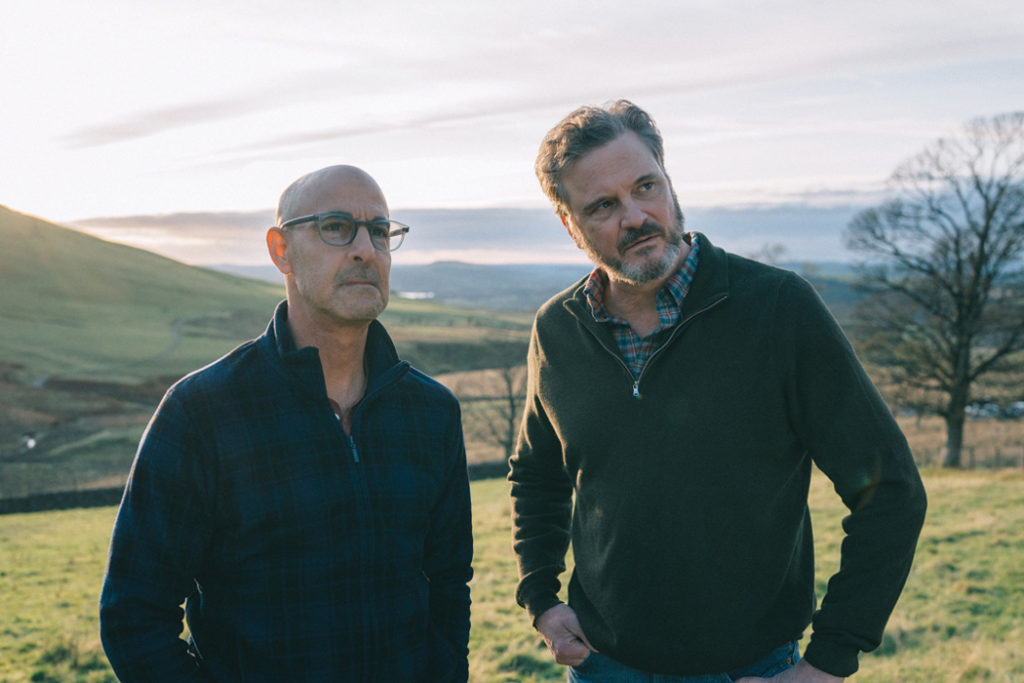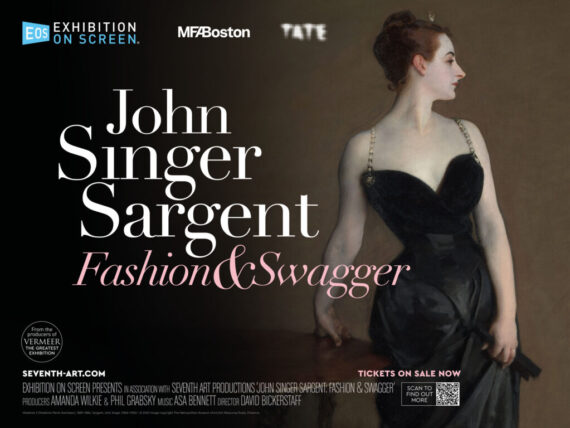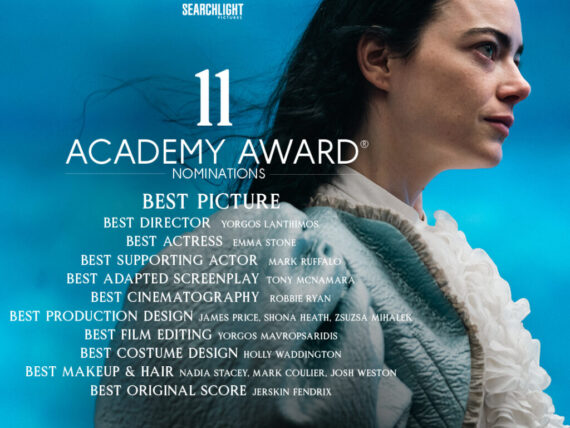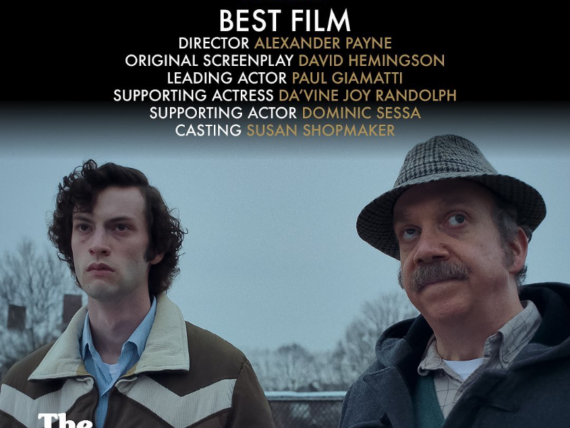by Helen Tope
Catching the tail-end of a love story, Supernova is a thoughtful, heartfelt piece of story-telling.
We are introduced to the film’s central characters – Sam (played by Colin Firth) and Tusker (Stanley Tucci). The couple been together for decades – Sam, a musician about to return to the stage for a new recital – and Tusker, an author at work on his latest book. But rather than being able to enjoy this time in their lives, they are coming to terms with Tusker being diagnosed with early-onset dementia.
The couple decide to travel up North, visit Sam’s sister, and spend quality time together. Loading their belongings into their old but trusty campervan, they hit the road. Director and writer Harry Macqueen moves between genres – road movie into domestic drama – while delicately balancing the script between comedy and pathos. As Tusker and Sam drive through spectacular countryside views, they gently bicker, in scenes that will be familiar to anyone who’s had to travel in a campervan. The relationship between Tusker and Sam is beautifully realised, with a natural, easy chemistry between the actors. Colin Firth’s Sam is the quieter of the two, with Stanley Tucci making the most of Tusker’s amused, slightly detached humour. It becomes a necessary tool, punctuating the heavy silences that descend during their trip.
What is interesting about the casting of Supernova is that Tucci and Firth were originally cast in each other’s role – Firth as Tusker, Tucci as Sam. During pre-filming discussions, the actors decided it would be better if they switched roles. The dynamic between Firth and Tucci reads exceptionally well – neither actor dominates: this really is an ensemble performance. In a drama featuring such an emotive topic, the temptation can be to go bigger. The restraint from both Tucci and Firth makes the exploration and development of Tusker’s dementia all the more devastating. Macqueen doesn’t give us Tusker’s illness in broad strokes, but in details: a growing lack of co-ordination, a half-finished plate of food. Of what remains sharp and clear in Tusker’s mind – for example, his inexhaustible love for astronomy – we see glimpses of the man before the diagnosis.
As they reach Sam’s sister, the mood lightens as a party is thrown in their honour. Sam and Tusker relish being able to relax with friends and family. The tone shifts when Sam makes an unexpected discovery. With this new information, we must reappraise everything we have seen, and what is to follow.
The pacing of Supernova is deliberately slow: the bulk of the film is spent entirely in Sam and Tusker’s company, as Macqueen wants us to understand their relationship, and what exactly is being lost through Tusker’s dementia. It is not only an erasing of the past. Emotional resonance is key, and Macqueen illustrates this by emphasising autumnal tones throughout; in the scenery, the interiors. The difference with Supernova is that Macqueen is leaning into the beauty, rather than the decay.
It is this point of difference – the refusal to go bigger, head into that sphere of cliché – that makes Supernova a superior film. Firth and Tucci were overlooked this awards season, with industry favour being lauded on Anthony Hopkins’ performance in The Father, but what Firth and Tucci create between them is extraordinary. Not so much love triumphant, but love persevering.









Comments
No comment yet.